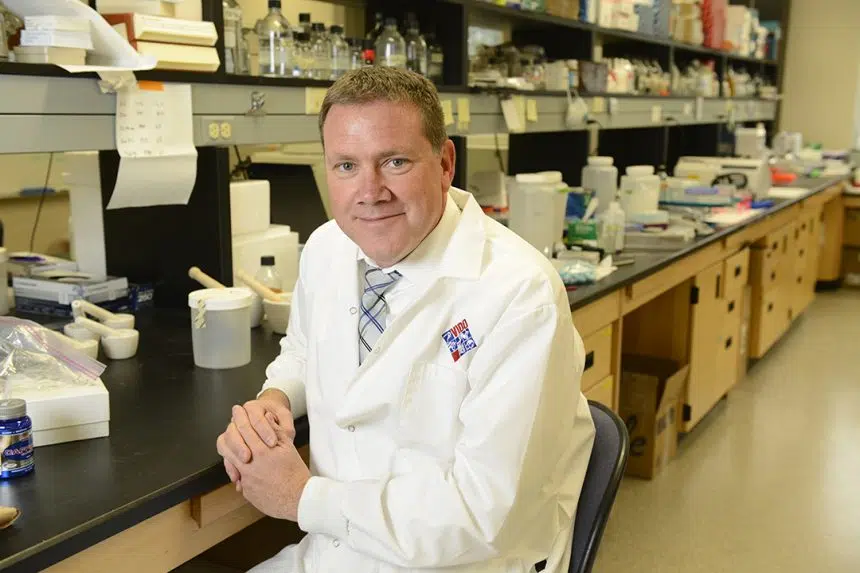Work on a COVID-19 vaccine continues at Saskatoon’s Vaccine and Infectious Disease Organization (VIDO) – International Vaccine Centre at the University of Saskatchewan.
Ferrets received doses of the vaccine earlier this month to build immunity to the virus.
“We know that they’re responding to the vaccine, so that is very positive news,” Director and CEO Dr Volker Gerdts said. “Now the next thing, the final step, is to expose them to the virus and see if they’re really protected-to see if the vaccine works or not.”
Volker expects that process will begin in the first week of May.
He said the process of creating and testing this vaccine is already on a fast track.
“There is a huge urgency right now globally. We’re all in the race of trying to battle this pandemic…VIDO is right at the forefront amongst all these other groups globally,” Gerdts explained.
More funding for research announced by the prime minister on Thursday also offers the ability for VIDO-Intervac to continue its work and move to the human testing phases.
“We already lined up the process over the summer (to) do the safety testing on it (the vaccine) then as soon as we’re allowed we’ll go onto humans into phase one of clinical testing when you determine in humans that the vaccine is completely safe,” he said.
Phase two would test the immunity in humans, according to Gerdts.
“The $23-million enables us to do the phase one and phase two study,” Gerdts said as they look toward human clinical trials.
He believes those trials could begin in early fall.
“We’re almost asking the impossible to work here,” he explained.
Five people in the lab are also working on sanitizing medical grade N-95 face masks to be safe for frontline workers to re-use.
The cleaning process takes a few hours then requires additional time for drying and testing.
From start to finish Gerdts says the process takes about one day, with the capability to clean thousands a week.







